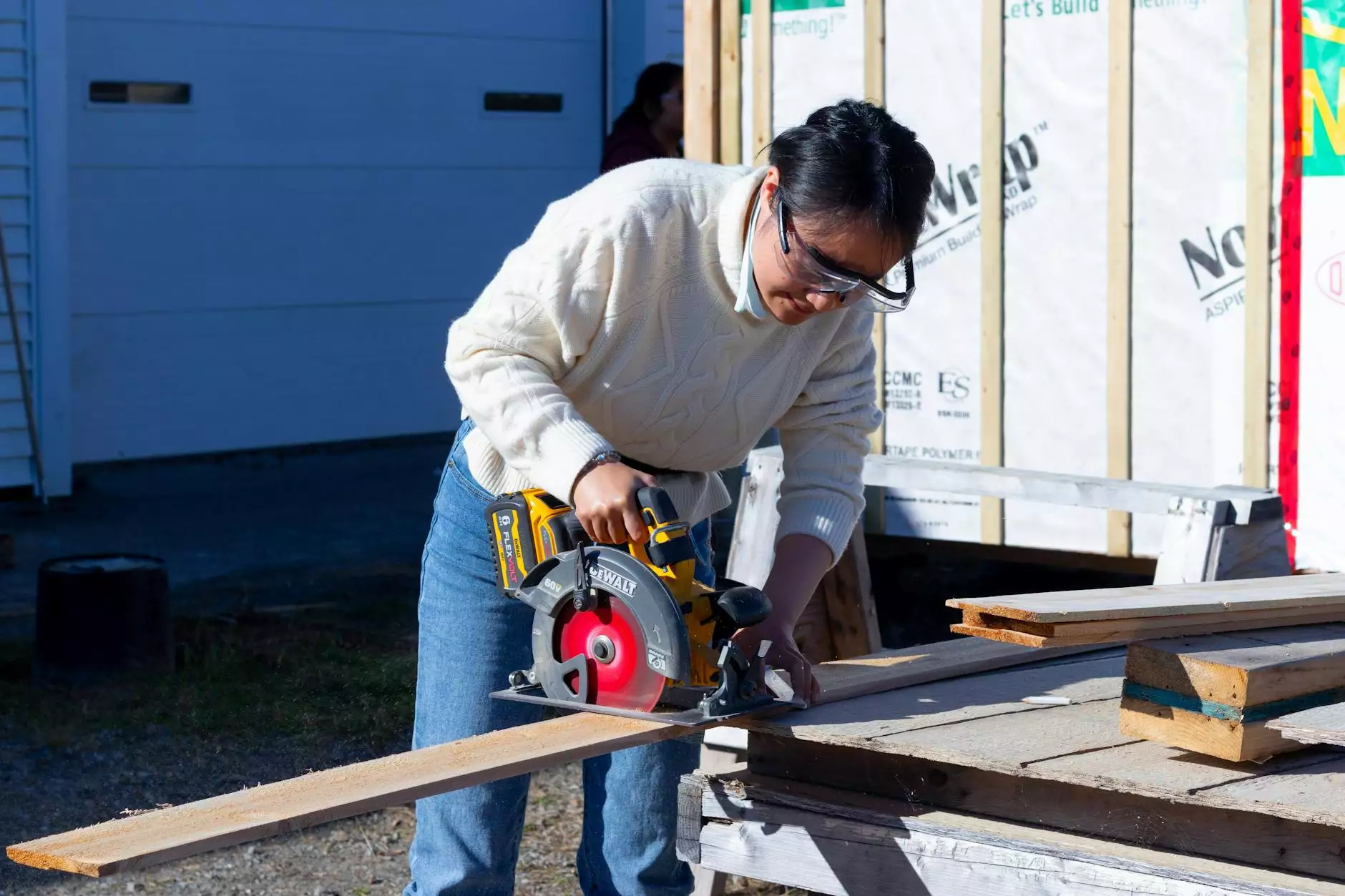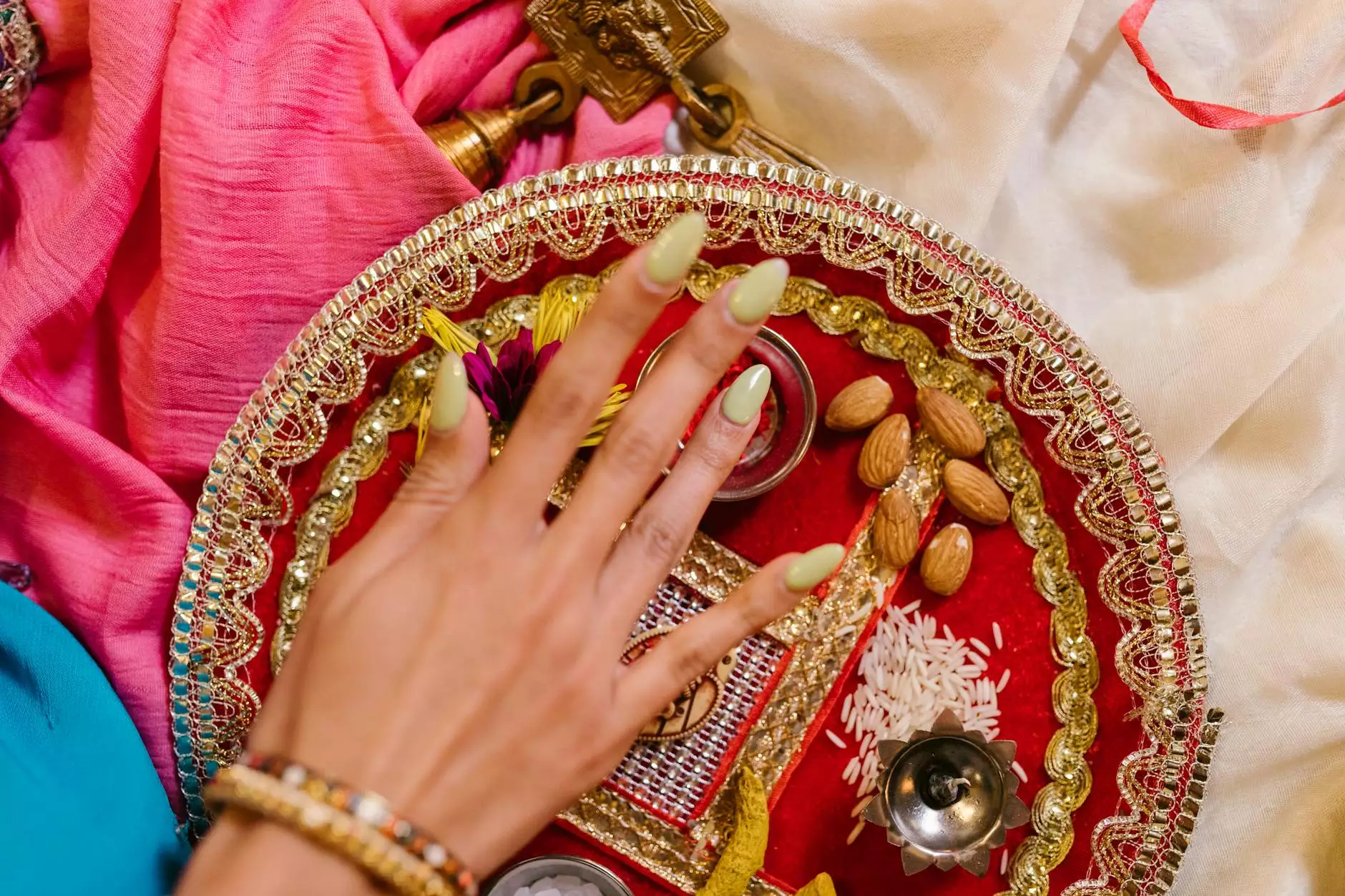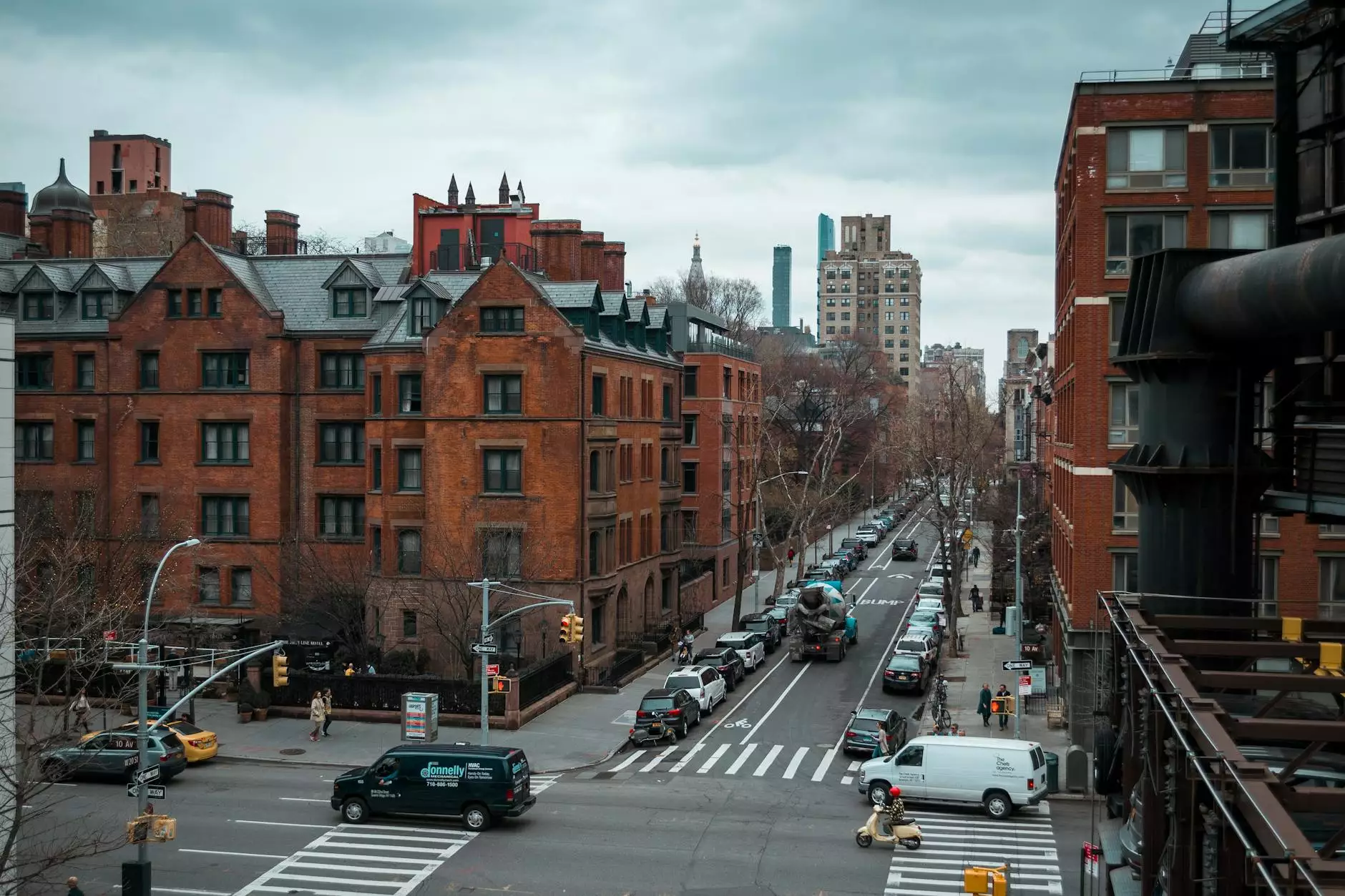Empowering Community Through Black Churches in Brooklyn, NY

Black churches in Brooklyn, NY play a crucial role in the cultural, spiritual, and community lives of their congregants. These places of worship are not merely religious institutions but also serve as vibrant community centers where individuals gather for spiritual guidance, social support, and cultural expressions. This article will explore the history, significance, and ongoing contributions of black churches in Brooklyn, highlighting their unique role in the community.
The Historical Legacy of Black Churches in Brooklyn
Understanding the importance of black churches in Brooklyn requires a journey back in time. The foundation of these churches can be traced back to the early 19th century, when African Americans faced severe discrimination and limited access to public life. In response to their exclusion from mainstream society, the black community established their own places of worship.
One of the oldest black churches is the Bridge Church, which has been a beacon of hope and a center for communal resilience. Initially formed under challenging circumstances, these churches became sanctuaries where African Americans not only practiced their faith but also addressed social injustices and mobilized for civil rights.
The Role of Black Churches as Community Hubs
In addition to providing spiritual guidance, black churches in Brooklyn often act as community hubs that address the multifaceted needs of their members. They offer a variety of services, including:
- Social Services: Many churches run programs for food distribution, financial assistance, and counseling services.
- Youth Programs: Engaging the younger generation through mentorship programs, after-school tutoring, and summer camps to empower the youth.
- Health Initiatives: Organizing health fairs and wellness workshops to tackle prevalent health disparities in the community.
- Education: Providing educational resources, workshops, and scholarships for members pursuing higher education.
These initiatives reflect the commitment of black churches to uplift their communities, offering not just spiritual nourishment but practical help to navigate everyday challenges.
Community Events and Cultural Significance
Black churches in Brooklyn are also integral in preserving African American culture and heritage. They host a multitude of events such as:
- Music and Arts Festivals: Celebrating gospel music and local artists, these events serve as reflections of cultural identity.
- Family Reunions and Picnics: Strengthening familial bonds and connection within the community while fostering new friendships.
- Community Meetings: Hosting discussions on important issues such as social justice, education, and healthcare, empowering members to take action.
These events create a sense of belonging and cultural pride, reinforcing the idea that these churches are sanctuaries where culture meets faith.
Leadership and Community Advocacy
The leadership of black churches often extends beyond spiritual guidance; they become advocates for social justice and community change. Pastors and church leaders take on significant roles in:
- Advocating for Social Justice: Many black churches led the charge for civil rights, standing up against injustice and inequality.
- Political Engagement: Promoting civic engagement by encouraging voters to participate in elections and informing them about local issues.
- Community Partnerships: Collaborating with local organizations to address issues like housing, education, and public safety.
This advocacy has created a strong voice within the community that impacts local and national conversations regarding justice and equality.
The Future of Black Churches in Brooklyn
As Brooklyn continues to evolve, so too do the black churches. They are adapting to new challenges and opportunities, including demographic shifts and technological advancements. Many churches are embracing modernity through:
- Digital Outreach: Utilizing social media and live-streaming services to reach a broader audience and engage younger members.
- Innovative Programs: Introducing programs that address contemporary issues such as mental health awareness, financial literacy, and family counseling.
- Environmental Initiatives: Fostering a stewardship approach to God’s creation by promoting sustainability within the community.
The resilience of black churches ensures they remain vital components of Brooklyn’s neighborhoods, continually serving their congregations and communities.
Conclusion
In summary, black churches in Brooklyn, NY, are far more than places of worship; they are cornerstones of community and culture. Their historical significance, combined with their ongoing contributions to social issues, makes them indispensable to the fabric of Brooklyn. Whether through advocacy, social services, or cultural preservation, these churches embody the spirit of resilience and hope. As we look to the future, it is clear that their impact will continue to resonate within the community, fostering unity, growth, and empowerment.
For more information about specific programs and activities, visit the official site of Bridge Church NYC.
black churches in brooklyn ny








